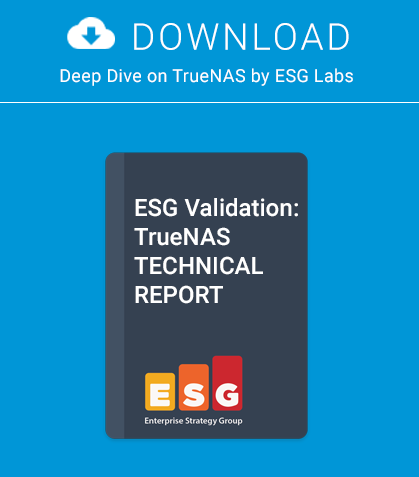NOTE: This is historical content that may contain outdated information.
The FreeBSD Project announced this week the release of FreeBSD Version 7.1. FreeBSD 7.1 provides Dtrace support as well as userland and driver updates, and extends ongoing work on multi-processor scalability. The release includes other improvements that enhance the functionality of FreeBSD 7.0 and introduces some new features.
Highlights of the FreeBSD 7.1 release include:
“The FreeBSD Project is very pleased to announce FreeBSD 7.1, which represents significant refinement of and enhancements to our very successful 7.0 release. This release extends our work on multi-processor scalability significantly through the new ULE scheduler and UDP network performance”, says Robert Watson, FreeBSD Core Team Member.
- Support for using DTrace inside the kernel has been imported from OpenSolaris. DTrace is a comprehensive dynamic tracing framework.
- The ULE scheduler is now the default in GENERIC kernels for amd64 and i386 architectures. The ULE scheduler significantly improves performance on multicore systems for many workloads.
- A new and much-improved NFS Lock Manager (NLM) client.
- Boot loader changes allow, among other things, booting from USB devices and booting from GPT-labeled devices.
- The cpuset(2) system call and cpuset(1) command have been added, providing an API for thread to CPU binding and CPU resource grouping and assignment.
- KDE updated to 3.5.10, GNOME updated to 2.22.3.
FreeBSD 7.1 is earning rave reviews from technical experts due to the freedom it gives developers to further improve FreeBSD. According to John Hixson, senior software engineer at iXsystems, Inc., “With the addition of DTrace, system administrators and developers will have the ability to debug application issues with even more fine grained control. Furthermore, the ability to bind threads to individual CPU’s will improve multithreaded applications dramatically.”
Members of the open source business community are also touting the performance improvements associated with FreeBSD 7.1. “ISC benefits from the improved UDP support in FreeBSD,” says Peter Losher, Operations Engineer, Internet Systems Consortium. “We already have seen the improvement in the performance of BIND under FreeBSD 7.1 and the public will benefit in improved ISC DNS services with SNS@ISC and f.root-servers.net.”
About The FreeBSD Project:
FreeBSD is an advanced operating system for modern server, desktop, and embedded computer platforms. FreeBSD’s code base has undergone over thirty years of continuous development, improvement, and optimization. It is developed and maintained by a large team of individuals. FreeBSD provides advanced networking, impressive security features, and world class performance and is used by some of the world’s busiest web sites and most pervasive embedded networking and storage devices.



